Cabinet Secretary for Public Service, Human Capital Development, and Performance Management Geoffrey Ruku has announced the formation of a task force to address disparities in salaries across the public sector.
According to his announcement on October 14, the team, which includes representatives from the Salaries and Remuneration Commission (SRC), the State Department for Public Service and Human Capital Development, and the Public Service Commission (PSC), has already begun work on salary harmonization.
“There’s no reason why individuals with the same qualifications in different government entities — for instance, within the Ministry of Agriculture and a state agency for example Kengen— should earn varying salaries,” said Ruku.
“While there may be justifications, there must also be fairness and equity, which lie at the heart of our Constitution.”
CS Ruku added that the Constitution upholds equity and public participation as guiding principles in governance, adding that all public officers — whether serving in ministries, state agencies, or county governments — deserve fair and equitable compensation.
Ruku Promises to Harmonize Salaries
In August 2025, Ruku reaffirmed his commitment to motivating civil servants through salary harmonization.
He assured that the government is taking concrete steps to address the issue and ensure fair, equitable, and competitive pay across all cadres of public service.
“The government is committed to harmonizing salaries and other benefits across the public sector as part of ongoing efforts to motivate civil servants and enhance service delivery,” said Ruku.
“We are aware of the concerns around pay disparities and are determined to promote equity and fairness in remuneration.”
Also Read: SRC Rejects Salary, Allowances and Benefits Requests Worth Ksh3.8 Billion
SRC Proposes Creation of Single Body to Oversee Public Servants’ Pay Negotiations
At the same time, in September, the Salaries and Remuneration Commission (SRC) proposed the establishment of a single or multi-sectoral body to oversee collective bargaining agreements (CBAs) for public servants, in a move aimed at ensuring harmonization, sustainability, and fairness in pay negotiations.
Then-SRC Chairperson Lyn Mengich said the model—successfully implemented in countries such as Ghana and South Africa—could be adapted to Kenya’s context to address performance, eliminate duplication in negotiations, and promote consistency across the public sector.
“Collective bargaining should go beyond individual institutions. We must consider how each agreement affects salaries in other sectors and the overall sustainability of the wage bill,” she said, adding that the transition to a single body should be gradual and carefully structured.
Mengich noted that while the rising cost of living affects all Kenyans, there must be a balance between employee interests, taxpayer capacity, and the government’s ability to sustain wage increases.
“When we talk about higher productivity, then we talk about higher remuneration,” she remarked.
She revealed that SRC had begun harmonizing and streamlining salaries and allowances across the public service—a process to be continued by the new commissioners.
Noting that disparities in allowances have caused significant inequities, she disclosed that some institutions pay allowances exceeding 200 percent of the basic salary.
“We identified 247 different allowances paid to public officers, accounting for 48 percent of the total wage bill,” Mengich said.
Also Read: New System That Will Delay Civil Servants’ Salaries This Month
Ruto Targets 35% Wage Bill Ratio in Three Years
President William Ruto announced that the government will roll out a series of measures aimed at reducing Kenya’s wage bill to 35 per cent of total revenue within the next three years.
Speaking during the Third National Wage Bill Conference 2024 in April 2024 at the Bomas of Kenya, President Ruto said notable progress had already been made, with the wage bill dropping from 51 per cent to 46 per cent.
“We aspire to deal with this challenge in the next three years and bring it down to 35 per cent,” he stated.
The President urged national and county leaders to reflect on whether the target is realistic and achievable, noting that meaningful reforms often come with difficult choices.
“It is up to us as leaders to decide whether we want to do this—whether we want to talk the walk or walk the talk,” he said.
“The decisions we must make will not be easy, comfortable, or popular.”
Follow our WhatsApp Channel and X Account for real-time news updates.
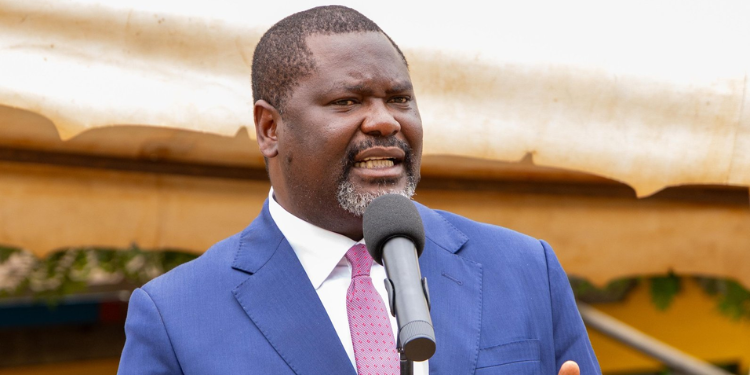

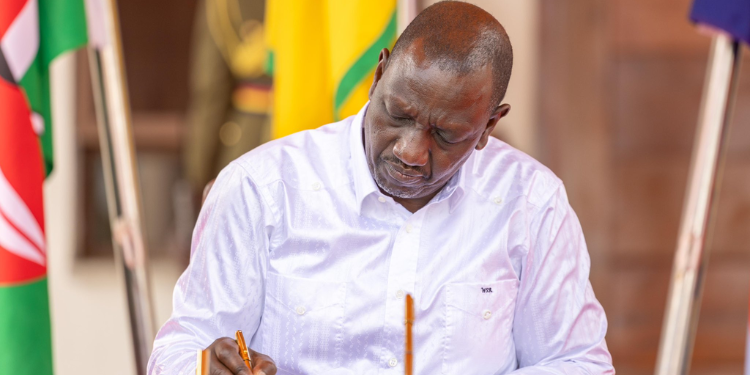

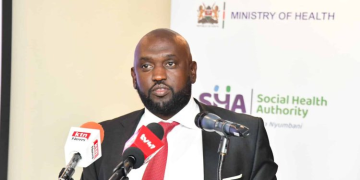
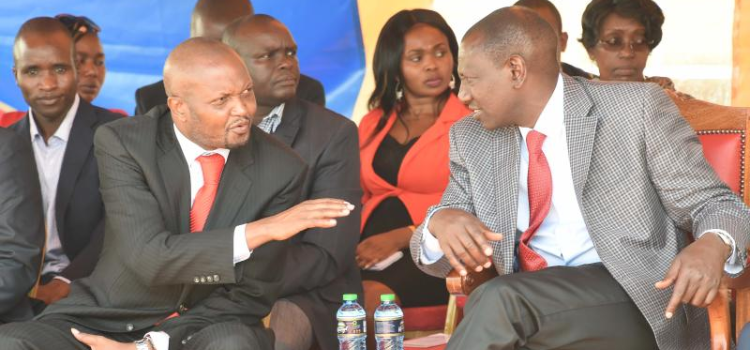

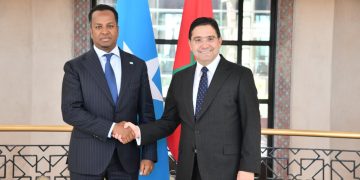

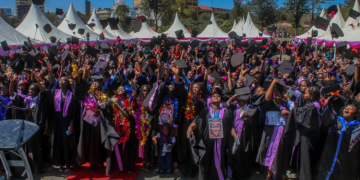
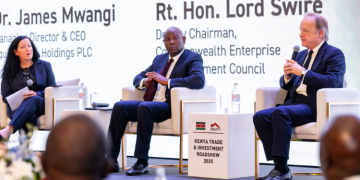







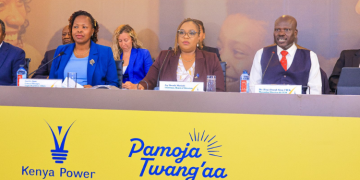




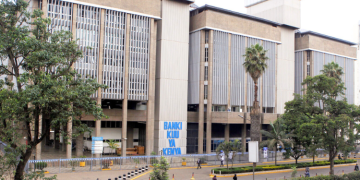









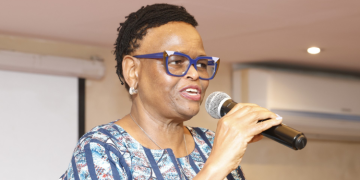





































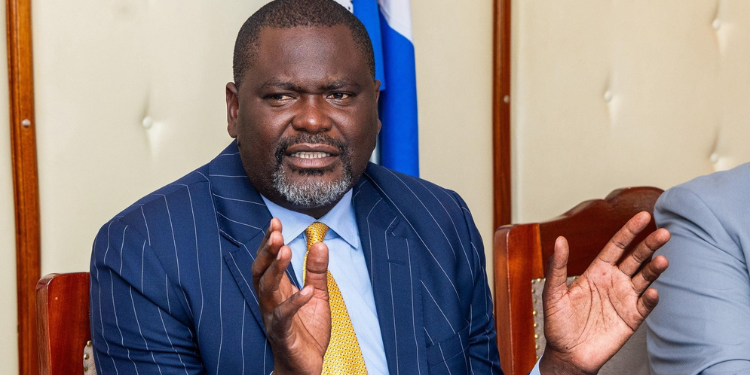


Give our salaries village elders to Nyumba kumi security we please